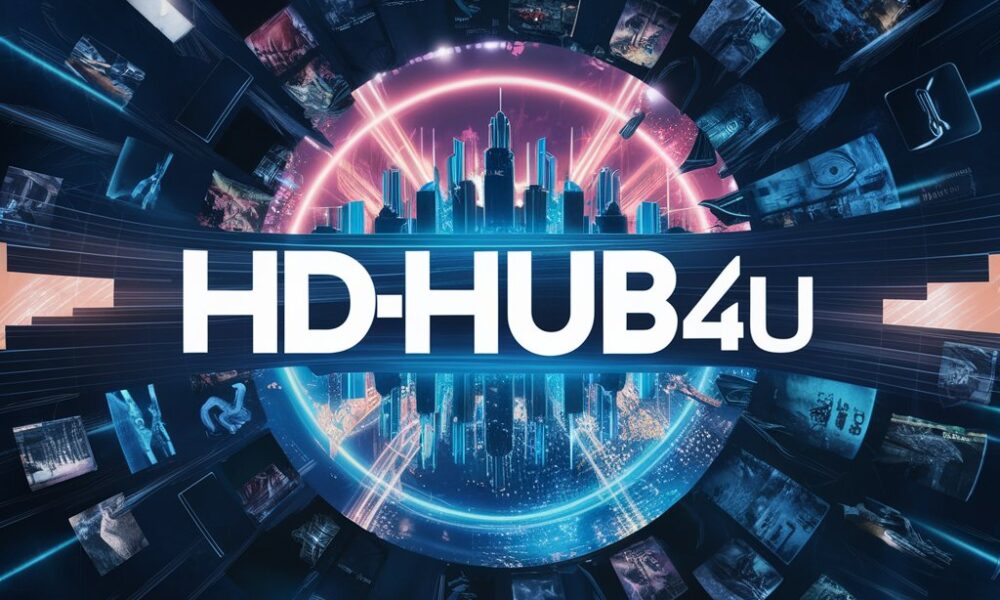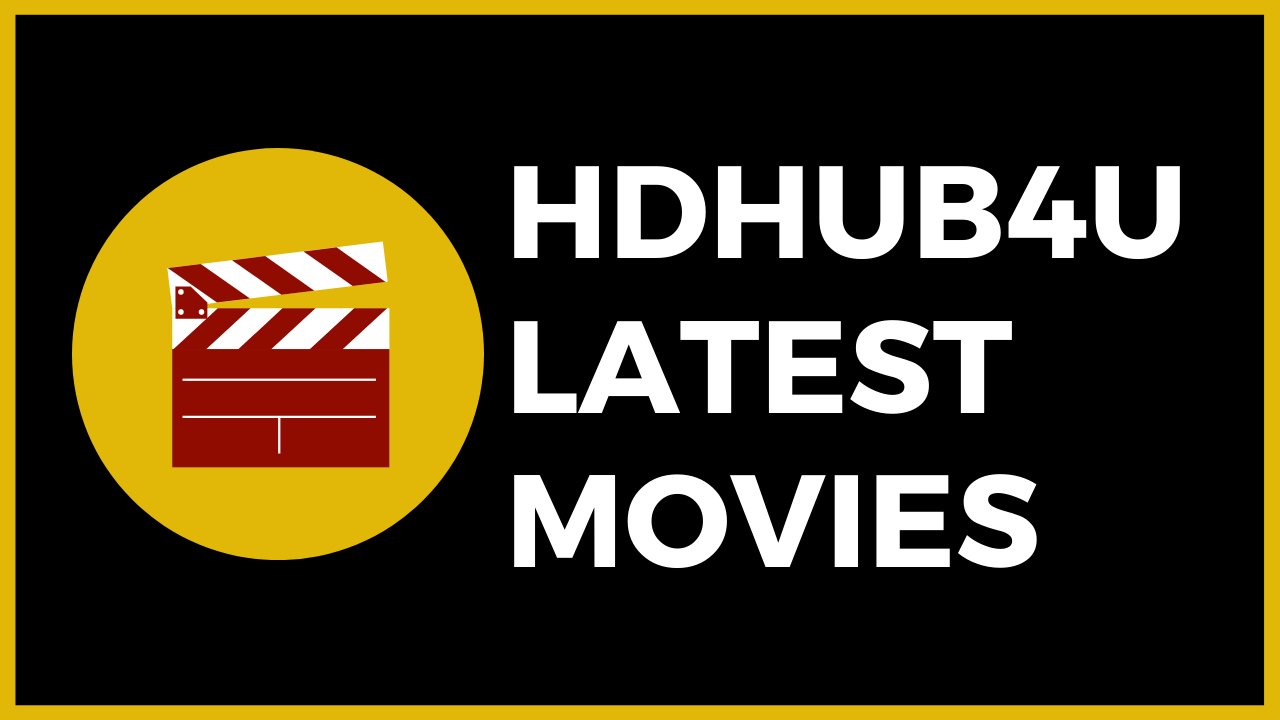Oops! No Results For Hd4hub - Try Again? Google Discover
Is the digital landscape truly failing us, or are we simply looking in the wrong places? The frustrating "no results found" message, a digital ghost whispering of unfulfilled searches, often hides the reality: the content we crave, the experiences we seek, might just be hidden beneath a layer of algorithmic opacity and fractured online ecosystems.
The relentless march of technology has promised to bring the world's knowledge and entertainment directly to our fingertips. Yet, too often, that promise seems to crumble, replaced by a frustrating echo chamber of familiar results, or, worse, the dreaded emptiness of a blank search. This begs the question: are we adequately equipped to navigate the ever-expanding universe of online content, or are we slowly losing ourselves in a digital wilderness?
The problem isn't necessarily a lack of content. Quite the opposite. The internet is overflowing with it. The challenge lies in finding the signals amidst the noise. The sheer volume of information, the relentless churn of new platforms and formats, and the evolving strategies of content creators and distributors combine to make locating specific, high-quality media a significant undertaking. This is where the "no results found" message often appears, not because the content doesn't exist, but because the search algorithms, the indexing systems, and our own search techniques are inadequate to the task.
Consider the simple act of finding a good film. You may have a specific director in mind, a favorite actor, or a particular genre you're in the mood for. You type those keywords into a search engine, and what appears? Often, a blend of trailers, reviews from major publications, and perhaps a link to a streaming service. But what if you're looking for something more niche? A forgotten gem, a foreign film with limited distribution, an independent production that hasn't achieved mainstream recognition? The standard search engine may fail to deliver. This is where specialized platforms and curated content become invaluable.
The rise of streaming services has further complicated the landscape. While offering convenience, these platforms often operate behind walled gardens, each with its own catalog of content. What may be available on one service is inaccessible on another. And again, the search functionality within these platforms can be surprisingly limited. Discovering a specific title, particularly if it's outside of the most popular offerings, can be a frustrating experience.
Furthermore, the very nature of search algorithms is a contributing factor. Designed to prioritize relevance and popularity, these algorithms can inadvertently filter out lesser-known but potentially valuable content. The emphasis on click-through rates and advertising revenue often overshadows the need for true discovery. This creates an environment where algorithms may serve the interests of the platform rather than the user's genuine curiosity. This inherent bias is something every digital explorer must be aware of.
The prevalence of low-quality content and misinformation also contributes to the problem. The internet is unfortunately populated with sites that prioritize sensationalism, clickbait, and outright falsehoods. Sorting through this morass to find reliable and trustworthy information can be a time-consuming and often disheartening process. The "no results found" message might, in some cases, be preferable to stumbling upon a page filled with misleading or inaccurate content.
The issue of spelling and typographical errors further compounds the challenge. Even a slight misspelling in a search query can completely derail the search process. This highlights the need for users to be precise in their searches and to have a degree of understanding of the nuances of keywords and Boolean search operators.
The desire to find and consume "high-quality media content," as the original search query suggests, is a fundamental human need. We crave entertainment, information, and connection. We seek experiences that inform, inspire, and challenge us. But achieving this in the digital age requires a more sophisticated approach than simply typing keywords into a search box.
The term "Hd4hub," as the original query also includes, implies a specific platform or service. It is the "ultimate destination" for this content. However, the query itself suggests that the user was unsuccessful in finding results on that particular site. This highlights the challenges even within a dedicated platform. Is the site poorly designed? Is its content not properly indexed? Or does it struggle to attract the targeted audience?
The digital landscape is constantly evolving. New platforms emerge, search algorithms are updated, and content creators innovate. To thrive in this environment, users need to develop a diverse set of skills and strategies. This includes learning to identify reliable sources, mastering the art of keyword research, and understanding the limitations of various search tools. It also requires a willingness to explore different platforms and services, and to embrace the process of discovery itself.
The "no results found" message is not simply a digital inconvenience; it's a symptom of a larger problem. It's a reflection of the challenges we face in navigating the complexities of the information age. Overcoming these challenges requires a concerted effort on the part of both content creators and users. Content creators need to prioritize discoverability and quality, while users need to be proactive in their search strategies and critical in their evaluation of sources.
Ultimately, the quest for high-quality media content is a journey. It's a process of exploration, experimentation, and continuous learning. It's a journey that is often punctuated by the frustration of the "no results found" message, but one that also holds the potential for incredible discovery and reward. The key is to embrace the challenge, to develop the necessary skills, and to never give up on the search for the content that truly resonates.
The core issue remains the disconnect between the abundance of content available and our ability to find it. This gap requires careful consideration, as it impacts not only entertainment and access to information, but also how we understand and participate in the digital world. It is more important than ever that we sharpen our digital literacy and continue to push for better, more user-friendly, and less biased online experiences.
The frustration of not finding results echoes more than just a simple search query. It speaks to a larger struggle with the very nature of the digital world a constant search for meaning, connection, and the ability to make informed choices in an increasingly complex environment. The challenge of finding content is not isolated; it is a reflection of a larger struggle to manage information and make sense of our increasingly networked lives.
The need for precision in search, as mentioned before, cannot be understated. The slightest variation in spelling, the use of synonyms, or the inclusion of irrelevant keywords can drastically impact results. This is further complicated by the variety of search engines and platforms, each with their own algorithms and indexing systems. What might appear on one search engine may be entirely absent on another.
The concept of "Hd4hub" as the ultimate destination is intriguing. The promise is the provision of "high-quality media content." This phrase indicates that this content's quality is a key differentiator. If the user is searching, there may be a fundamental mismatch between the user's expectations and the reality of the site, assuming it exists. This would indicate shortcomings in content quality, discoverability, or a combination of both.
The message to "Check spelling or type a new query" is a simple but direct suggestion. It points to common user errors, which underscores the need to refine search strategies. The message itself, while helpful, is also a sign of failure: the engine has not been able to fulfill its main function, which is to provide meaningful results.
The importance of digital literacy is further emphasized when we consider that misinformation is another factor. The internet is full of false claims and biased information, so finding high-quality media needs more than just a search; it demands discernment and critical thinking.
Navigating the internet efficiently necessitates strategic thinking. Knowing when to use synonyms, when to broaden search parameters, and when to switch search engines becomes essential. Developing these skills is vital for successful searches.
The "no results found" issue is related to bigger concerns about the online world. It's a part of issues with information access, misinformation, and the general difficulty of finding high-quality material. Therefore, this problem requires a comprehensive response, encompassing technological development and better user education.
The journey to find high-quality content in the digital realm is not always easy. However, with persistence, learning, and a willingness to adapt, this journey is worth the time spent. Successful navigation is not merely about what one discovers but also about the capacity to adapt to the changing environment.
The issue is about the interaction between individuals and the digital world. It concerns how effectively we navigate the immense quantity of information accessible. The question of what happens when searches fail is a wake-up call, highlighting areas in which we can improve our digital competence.
The need to identify high-quality media content is more than just a search for information. It is the search for experiences and knowledge that improve people's lives. This search is becoming more difficult as a result of the proliferation of misleading content. So, the ability to locate reliable sources is becoming increasingly vital.
The original search query acts as a sign of a larger problem. It shows a breakdown in the procedure of information gathering. It is a clear indicator that the current search mechanisms are inadequate. As a result, efforts must be made to increase search capabilities and consumer awareness.
In conclusion, the "no results found" scenario is a wake-up call for people using search engines. This is a plea to reconsider our techniques and search strategies. In a world flooded with information, it reminds us to be discriminating and to cultivate a feeling of curiosity that allows us to uncover the gems that are buried in the vast digital sea. This shows the digital world's dynamism and the continuous need for adaptation and learning.


